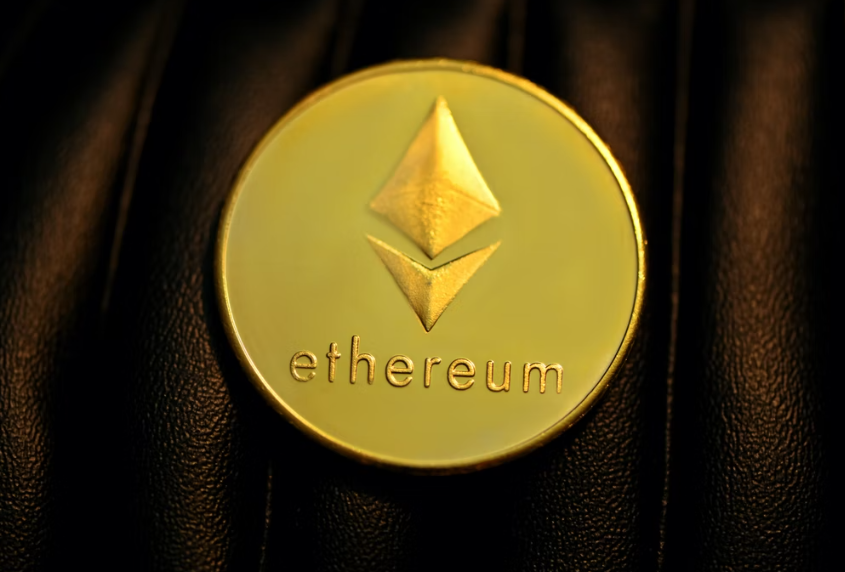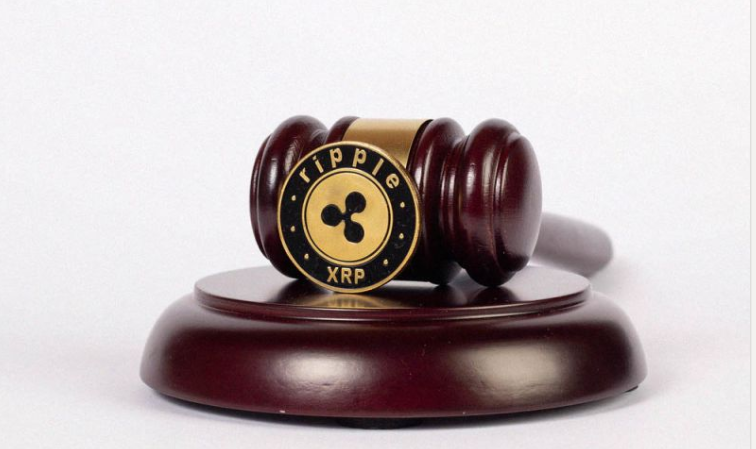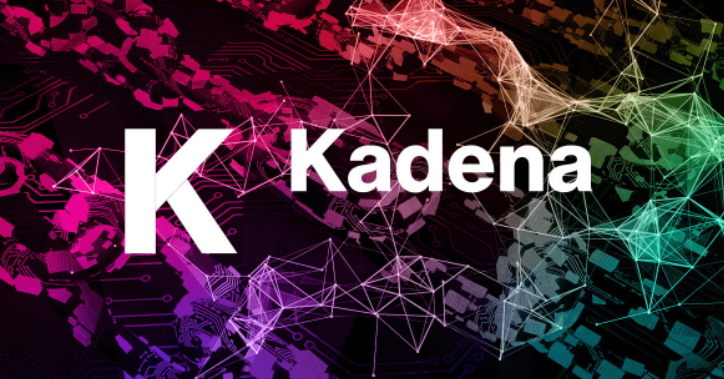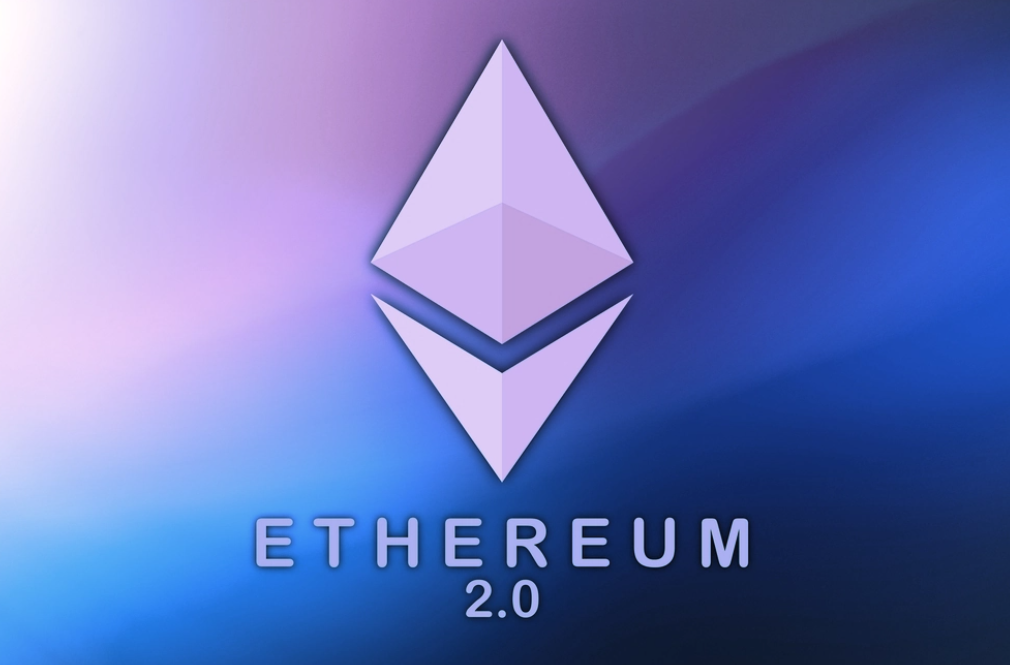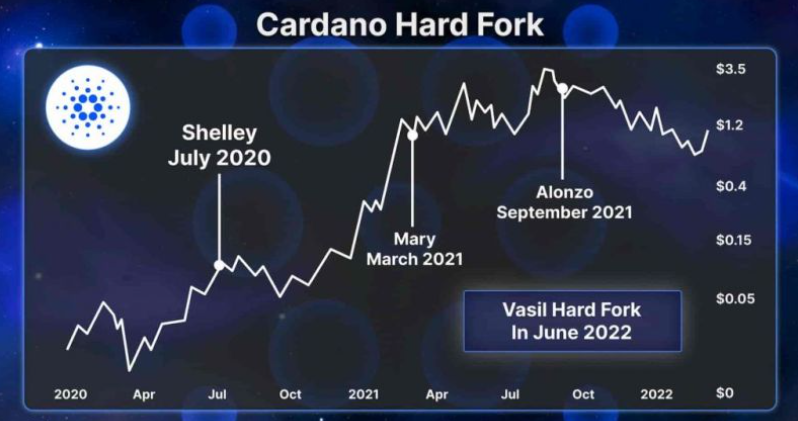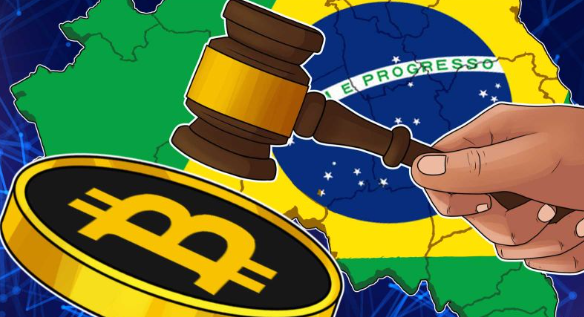Privacy is important to most people, and thats especially true in areas such as finance. Railguns developers understand that. With smart contracts designed for totally private transactions, the Railgun Privacy System removes the greatest obstacle to privacy on open ledger blockchains. That is the problem of a single transaction revealing all a users previous transactions and contract interactions through their wallet history.
Railgun is built directly on-chain, with anonymity and privacy as the default. The system allows for direct interaction with lending platforms, DEXs, and smart contract application options without leaving a record of the users wallet address. This means users actions are kept private, preserving anonymity. Theres no need to use any new tokens or transfer to another blockchain: the DeFi interactions are the same as always, only with complete privacy.
While Railgun solves the problem of maintaining privacy on open-ledger blockchains, DeFi also has intrinsic advantages over traditional finance for protecting private information. Lets examine that.
How does DeFi protect user privacy?
With decentralized finance (DeFi), privacy can in part be protected because protocols can be used with no middle man. Traditional financial options require that people turn over information to third parties, such as banks. While the customer may wish to keep their information private, the third party may not have the same obligation. That often means governments have ways of getting access to that information.
But with DeFi, that doesnt happen. Why? Because DeFi doesnt follow the same financial rules and requirements. As a decentralized option, there arent any third parties. The user simply interacts with smart contracts.
DeFi and the Third-Party Doctrine
The third-party doctrine is what gives the government power for the collection of financial information from third parties like banks. If DeFi doesnt use a third party, the government loses the opportunity to use the third-party doctrine to get information, such as banking records. But of course governments are likely to take more and more measures to force users to go through third parties.
DeFi is part of a substantial upheaval in how people trade and transact. People used to pay in cash, and finding records of those transactions wasnt always easy. As things changed, people started conducting transactions through other means, such as credit and debit cards.
Now, technology is so advanced that people can conduct business with companies and individuals all over the world. They do that through online options, and typically that means going through a third party. DeFi is conducted online, but its a much more private experience that doesnt keep the same kinds of records. Thats the focus of any financial transactions that are decentralized. They represent new, more independent and flexible options for people who care about their privacy.
Railgun allows users greater control over their own privacy than any other option. Of course, there are some people who want or need to be transparent when they transact on the chain. In those cases, Railgun provides a verifiable action report and balance for the user to share with whoever they want to. Privacy matters, and Railgun offers the opportunity for users to control what they keep from others.
Read more or join the conversation on the RAILGUN Twitter, Medium and dedicated Telegram Channels:
https://mobile.twitter.com/railgun_project
https://medium.com/@Railgun_Project
https://t.me/railgun_privacy

